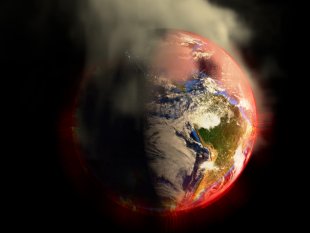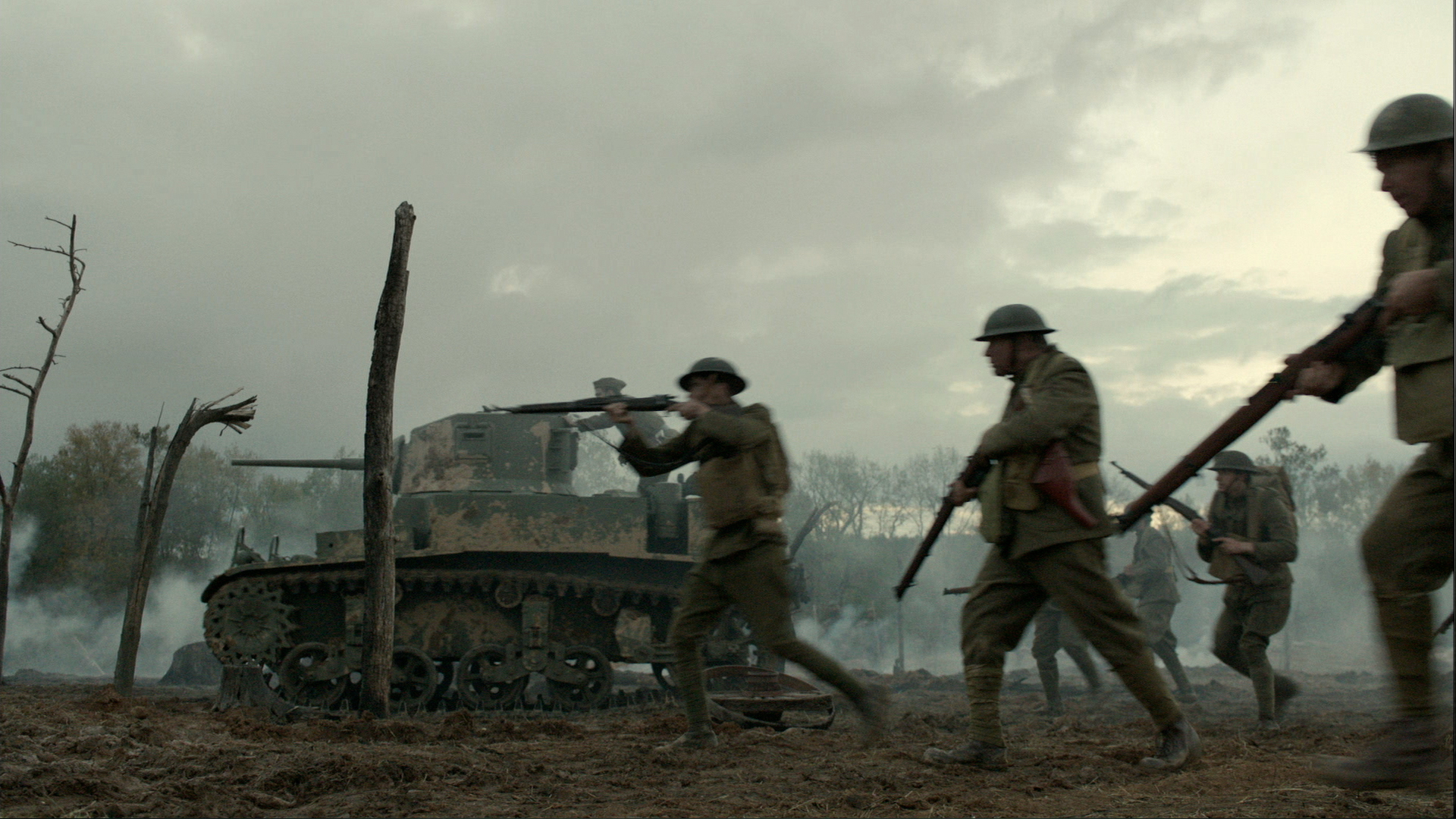As a young man, I had a few janitor jobs, and have cleaned my share of toilets. Being a janitor is honest work that afforded me time to think and write. But thinking and writing about evil is an even more difficult and unpleasant task.
 If life and God (however we conceive and experience God) are good, why does evil exist? What makes people do evil things? Can evil be understood and dispelled, or is it beyond our capacity as human beings to do so? Is the world getting darker and more evil, or better and more good?
If life and God (however we conceive and experience God) are good, why does evil exist? What makes people do evil things? Can evil be understood and dispelled, or is it beyond our capacity as human beings to do so? Is the world getting darker and more evil, or better and more good?
I submit that evil is man-made, and because it is man-made, it is within our capacity to understand and dispel. I aver that evil is a cumulative byproduct of consciousness as we know it. Though I don’t believe in a deity, there is immanence, and I maintain it has nothing to do with darkness, and no relationship to evil.
About two years after 9.11, not long after the appalling invasion of Iraq had begun, I met an octogenarian German fellow while walking in the park. I asked him how old he was in 1934. “Fifteen,” he answered. I asked if he remembered the zeitgeist in Germany at the time. “Yes, I certainly do,” he replied.
Do you feel the same zeitgeist exists in America today, and could a similar thing happen here? He paused and said, “Yes I do, and I feel it has begun.” That was 2003, and now the nightmare is in full flower.
Political evil is always preceded and sustained by the denial of the extent of social darkness and apathy. The comforting notion that good can come out of evil, such as medical advances from the carnage of war, or the Emancipation Proclamation from the Civil War, is a form of whitewash.
Martin Luther King’s eloquent statement, “the arc of moral universe is long, but it bends toward justice” is only true if we face the fact of evil when it erupts in the world. And we only have the capacity to do so if, first and last, we face the darkness within ourselves.
Resistance is not enough. It doesn’t begin to address the enormity of the crisis, and dissolve the roots of darkness within the people and the human psyche.
As Simone Weil said, “Evil when we are in its power is not felt as evil but as a necessity, or even a duty.” But what does it mean to be “in its power” if we deny that its power even exists? Far too many people believe they are in control.
It’s very easy to place the locus of evil in an individual, whether powerful or powerless, and believe that if we can only get rid of him we will have beaten back the darkness that gave rise to him.
Though progressives generally don’t supernaturalize evil, most believe, against evidence and reason, that there is no such thing as a collective movement of darkness possessing intentionality. Across the spectrum, people believe that evil originates in the individual, and a person who does evil must be doing so intentionally.
The idea of the self as an agent of choice and control is a core illusion that has to be overthrown. Evil does not originate in the individual self, but flows through the extremely disordered self.
Evil is not the opposite of good. There is no relationship between the two. Nor is evil pure chaos; it is contradiction and chaos with a purpose, under no single person’s control.
Evil has its own order and goals. Because it is man-made however, goodness and decency, flowing through good and decent human beings, can stand against and dispel it.
Even so, there are times in human history when there is too much darkness and too little goodness to beat back the tide of evil. Is this one of them?
I hope not, since like it or not, we live in a global society now. Separate peoples no longer exist, and therefore the threat from man’s darkness is to humanity itself.
Evil is the death wish in human consciousness, the summation of ego, greed, anger, hatred and cynicism that man has accumulated in his hundreds of thousands of years on this earth.
Evil does not exist in nature, except as man projects it onto and perhaps into nature. Truly, life is good. Man has become darkness however, and a new human being must emerge.
That’s not a statement of misanthropy. It’s simply a fact, in the face of which I feel compassion for what the poet Robinson Jeffers (who gave up on humanity) called “the poor doll humanity” in “Sign-Post.”
Any of us can become conduits for collective darkness, and many people are. But facing the truth, they can stop.
So how does one protect oneself from evil? By understanding that we all have darkness within us, and that evil hooks into our flaws and weaknesses.
By having humility, and continuously learning about ourselves through diligent, skeptical self-knowing. Non-accumulative learning turns the tables on cumulative darkness.
By realizing that the journey of one person growing into a human being is a microcosm of the journey of humankind growing into an intelligent species, in harmony with the earth and itself.
Martin LeFevre

